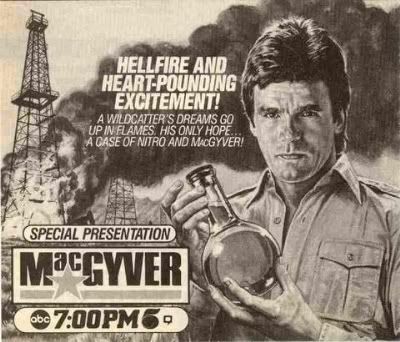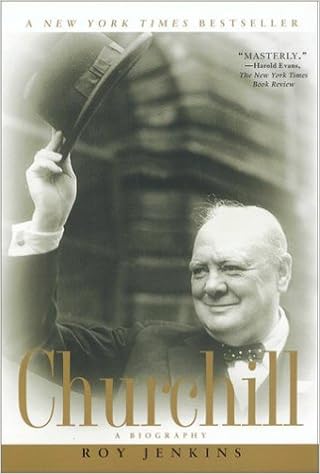Clearly Percy's darkest novel and most theologically daring. So, what's not to like? Why not teach it? Well, the immediate objection at the high school level is the sex. But that's just an obvious objection. The deeper problem is with the inability of the average student to even see what Percy is getting at. I got it (finally, after a much closer, second reading) and his point is well worth noticing:
I. Modern man is confronted with three possible modes of existence
1. The "go along, get along" nihilism of the super-majority who may not have the indecency to be lewd but worship lewdness at the altar of the Hollywood Stars. Then there are the hyper-sexualized Stars themselves who turn out to be utterly vacant. Some examples:
I looked at Maude in astonishment. Had everybody in this town gone nuts or was I missing something? The special nuttiness of movie people I was used to, but the town had gone nuts. Town folk, not just Maude, acted as if they lived out their lives in a dim charade, a shadow-play in which they were the shadows, and now all at once to have appear miraculously in their midst these resplendent larger-than-life beings. She, Maude, couldn't get over it: not only had they turned up in her library, burnishing the dim shelves with their golden light; she had for a moment been one of them! (Page 138, Ivy Books edition, 1993)
Dana was something to see: barefoot, tight jeans with silver conch belt, some kind of pullover homespun shirt, necklace with single jade stone, perfect helmet of yellow hair, perfect regular features, perfect straight brows flaring like wings. He moved well and had grace. He was a blank space filled in by somebody's else's idea. He was a good actor (133).
I didn't think Raine was wonderful. She was amazingly pretty, with a pure heart-shaped face and violet-cobalt eyes which seemed to look from her depths to yours, a trick I came to learn, that steady violet gaze, chin resting on the back of her bent hand. Her depths were vacant (100).2. The Neo-Stocism/Southern Ideal of Lancelot that is agnostic about God, Christ and love but certain of how to act. How to be in the world that is this corrupt:
I cannot tolerate this age. And I will not. I might have tolerated you and your Catholic Church, and even joined it, if you had remained true to yourself. Now you're part of the age. You've the same fleas as the dogs you've lain down with (144).
Then how shall be live if not with Christian love? One will work and take care of one's own, live and let live, and behave with decent respect towards others. If there cannot be love -- you call that love out there? -- there will be a tight-lipped courtesy between men. And chivalry toward women. Women must be saved from the whoredom they've chosen. Women will once again be strong and modest. Children will be merry because they will know what they are to do (145).
Which is worse, to die with T.J. Jackson at Chancellorsville or live with Johnny Carson in Burbank? (144)
If you were right, I could stand it. If your Christ were king and all that stuff you believe -- Christ, do you still believe it? -- were true, I could stand it.... I could live your way if it were true (140-141).
II. Lancelot's Quest is Fulfilled in Percival
As is Percy's way, the novel ends on an ambiguous note (what will Lancelot in the end do with his life?), but what is clear (after my second reading; after my first, I was merely flummoxed) is that Father "Percival," the nearly voice-less listener to Lancelot's tale or confession, is converted by Lancelot's quest for evil, for sin. Lancelot alludes to Percival's lack of faith throughout the novel:
- There is only one way and we could have had it if you Catholics hadn't blown it: the old Catholic way. I Lancelot and you Percival, the only two to see the Grail if you recall. Did you find the Grail? You don't look like it (162).
- You don't even believe it yourself, do you? ... But if what you once believed were true, I could stand the way things are (140).
Percival, the priest-psychologist has lost his faith. Lancelot sets out to definitively prove the existence of evil/sin and thereby force the world to make sense, but in the end Lancelot cannot see it. Percival does. Some relevant passages:
- The truth is that during all the terrible events that night at Belle Isle, I felt nothing at all. Nothing good, nothing bad, not even a sense of discovery. I feel nothing now except a certain coldness. I feel so cold, Percival. Tell me the truth. Is everyone cold now or is it only I? (236)
- Come here [Percival] and stand with me at the window. I want to show you something, some insignificant things that you may not have noticed. Why so wary? You act as if I were Satan showing you the kingdoms of the world from the pinnacle of the temple (237).
- I'm like that old lady at the window across the street. I don't miss much. For example, I saw you earlier down there. In the cemetery. Surprised? I saw what you did, even though you did it very quickly. You stopped at a tomb and said a prayer. [Earlier in the novel Percival refuses to pray for the dead.] A relative? A friend? A request? So you pray for the dead. You know, something has changed in you. I have the feeling that while I was talking and changing, you were listening and changing (238).
Beautiful, subtle, unexpected. But not one I'll probably ever teach. Bummer.



















